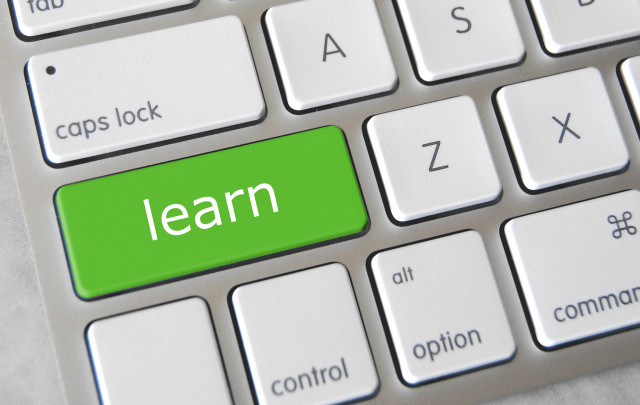 When asked, just about everyone mentions learning as a key reason for conference attendance.
When asked, just about everyone mentions learning as a key reason for conference attendance.
So, given the clear importance of learning at events, it’s surprising that we lump distinctly different activities into the single word “learning”. Perhaps this reflects the reality that learning acquisition is a largely unconscious process, in the same way our casual familiarity with snow leads us to possess far fewer words for it than the Inuit. Whatever the reasons, it’s useful to distinguish between three different categories of learning:
- factual information acquisition;
- problem-solving; and
- building a process toolkit.
Factual knowledge acquisition
Factual knowledge acquisition involves what it sounds like — learning factual information.
Multiplication tables, names and typical dosages of medications, foreign language nouns, and the millions of facts that we don’t even know we know until someone asks us.
It also includes sensory knowledge.
The ability to recognize whether a skin lesion is benign, the sound of Mahler’s Second Symphony, the feel of satin, the smell of a skunk, or the taste of rhubarb.
Problem-solving
Problem-solving calls for a different level of learning. In essence, it requires noticing or discovering relationships between pieces of information and using these associations to infer answers to relevant problems. Problem-solving provides useful process that operates on our knowledge.
Building a process toolkit
Building a process toolkit is an even higher form of learning. After all, in many situations—for example, multiplying two 4-digit numbers using paper and pen—problem-solving is rote. But developing novel process frequently challenges our best minds. This can take a long time, as illustrated by the growth of scientific understanding over millennia. Whether we construct our own process or appropriate useful process developed by others, building a collection of processes that are relevant to our lives is perhaps the most powerful kind of learning we can perform.
I make these distinctions because any specific instance of learning incorporates a different mixture of each category. To complicate things further, the effectiveness of each kind of learning is influenced by disparate factors. As a result, books about learning tend to contain a bewildering variety and quantity of information about aspects of learning.
Some examples
Training workers
Consider training workers to determine whether an applicant is eligible for government benefits. This could involve many days of teaching a large number of complex requirements. Success might be defined as being able to consistently understand, remember, and apply the correct requirements for each applicant. Such learning will concentrate on acquiring relevant factual knowledge plus the capacity to follow a defined process determined by senior administrators. Some important factors are:
- retention of key knowledge;
- maintaining the level of accuracy necessary to make correct decisions; and
- the ability to recall relevant material over time.
Developing graduate students
Compare this with the mysterious multiyear process by which some graduate students develop from novice researchers into leading practitioners in their field, which includes attending numerous conferences. This involves all three categories of learning:
- Obtaining a wide range of relevant and not-obviously-relevant knowledge;
- Comfort and familiarity with the discipline’s existing body of processes and problem-solving; and
- Developing a toolkit of novel processes that can, hopefully, extend the field further.
While the government workers need to concentrate on retaining well-defined information, the researchers will likely acquire far more information than ultimately needed to make an advance or breakthrough. Consequently, graduate students need to learn how to refine—both narrow and broaden—their focus on a wide range of information. They constantly make decisions on what they will concentrate on and what they will, possibly temporarily, put aside. The capacity to do this well, combined with the ability to effectively problem-solve and develop novel processes defines successful learning in this situation.
Learning at meetings
So when we talk about learning at meetings, it can be very helpful to be specific about the kind(s) of learning that are desired. Trainings focus on the first two categories I’ve described. More powerful forms of learning—typically experiential process that introduces tools that can be applied in a variety of future situations—incorporates all three.
In Part 2 of this exploration of learning, I’ll share a final example of the complex ways that learning and learning approaches can be affected by multiple factors, specifically the differences between how children and adults typically learn.
Photo attribution: Flickr user jakerust
